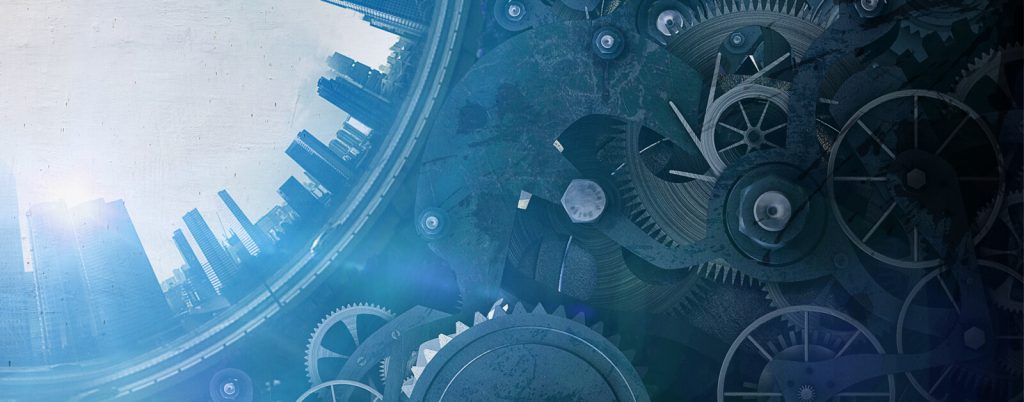3 min read

In the future, all cars will be self-driving. I don’t think that’s a controversial statement at all any more.
But while transport is getting all the attention right now, it’s far from the only thing that’ll be automated in the future.
We’ve seen a similar thing regarding blockchain, where most people fail to see how significant it is because they can’t see past cryptocurrency.
But if automation goes further than self-driving cars, what does the future look like?
What can we automate?
Technology infiltrates all parts of our lives, and automation will be no different. Even in these early days, automation is already changing how we work.
Think about your Netflix or Spotify account for a second. Everybody has access to the same streaming services, yet your home pages look quite different from everybody else’s. Machine learning is working silently in the background to provide automated, personalised recommendations for what you should watch or listen to next, based on your usage history.
Then there’s the claims from Amazon that they’ll eventually use unmanned drones to make last-mile deliveries. Similarly, FedEx recently revealed their SameDay Bot. This all promises to make deliveries more efficient and environmentally friendly.
And automation will be incorporated more and more into the software we use.
The world already has an autonomous database. It can upgrade and patch itself, it can minimise downtime, and it can optimise itself so that performance improves while using less power and storage.
With all the fiddly, boring and time-consuming stuff done automatically, you can redirect your people onto more rewarding work, such as ensuring your data is high quality and that it’s being used effectively to add value to the business.
The bit you’ve been waiting for: automated marketing
Today’s B2B buyers expect the same level of service they enjoy as consumers, which means delivering highly personalised content on their terms.
To do this, you need to know who to target, and who they are on an individual level. That’s where Account-Based Marketing (ABM) comes into it, with automation being used to sift through all the data to help you work out who’d be most interested in your offerings.
Once you’ve identified your targets, you need to get content in front of them that’s relevant to what they do and their interests. On top of that, your content needs to be based on where they are on their buying journey.
To engage today’s always-on buyers, you need always-on marketing. But that’s pretty much impossible for humans to do at any significant scale or speed, unless you have assistance from automation.
Oracle’s gargantuan Business Freedom campaign, for example, included over 1,000 content pieces, targeted at four distinct audiences. Even if it was possible to get all this out to the right people without automation’s help, wouldn’t marketers be happier and more fulfilled working on the more creative parts of marketing?
Automation provides so many possibilities
Automation will have a profound effect on all areas of our lives, especially marketing.
When I think about how much we did on the Business Freedom campaign with today’s technology, it’s almost unimaginable how much more we could accomplish as marketing technology gets smarter and more capable.
There’s one other question that everyone asks about the autonomous future: will it make humans obsolete? No chance. I believe that jobs will evolve rather than disappear, but I’ll talk more about that next time.
Before you go, I’d like to leave you with an interesting thought about self-driving cars.
Drivers in the US spent a collective 70 billion hours behind the wheel in 2016-17. So when people don’t need to drive themselves, they’re suddenly going to have a lot of extra free time.
It’ll be your job as a marketer to keep them engaged in that time. You’ll soon be creating messaging based on the location of a target’s internet-connected, driverless car. A whole new level of creativity (and automation) will be required.
So, even though there’s more to automation than self-driving cars, those self-driving cars will still keep you busy.
The future sounds fun, right?
It would be great to hear what others think, so get in touch to let me know your thoughts on the future of automation.
Related content








